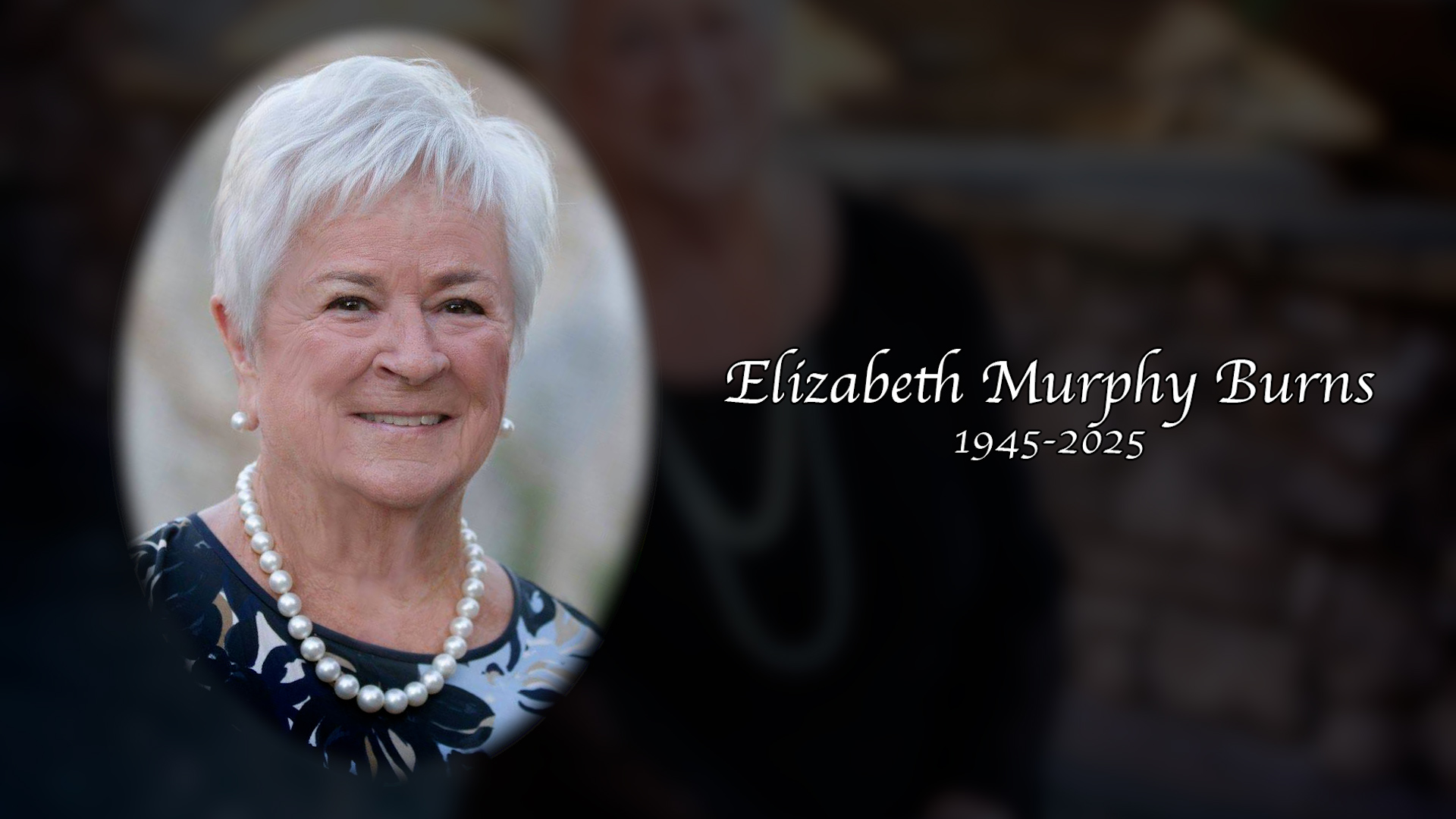Vitec Acquires Microwave Gear Makers RF Central and Nucomm
Vitec Group in London this week nailed down terms to buy RF Central and Nucomm. The U.K. camera-support concern agreed to pay up to $73 million for the American microwave link companies.
Under deal terms, Vitec will pay $38.5 million up front and another $37.3 million over the next four years depending upon performance. Factoring in $2.8 million in cash that Vitec nets in the deal brings the fully realized purchase price to $73 million.
Jerry Gepner, chief technology officer for Vitec, said the acquisition represents a natural progression for the company's collection of brands, which include Sachtler, Petrol, OConnor, Vinten, Anton Bauer, Drake, Manfrotto, Bogen Imaging, Bexel and several others.
"If you look at everything we do in broadcast; we do everything around the cameras--lighting... the communications. This is a perfect fit. This is around the camera. This is that link between the camera and somewhere else," he said.
RF Central makes transmitters and receivers for mobile coverage on live events like football games, marathons and the Olympics. The company also sets up and works the events. Nucomm is known for its fixed and mobile link gear for things like ENG and studio-to-transmitter links. Together, the two firms cover nearly every aspect of wireless connections for professional broadcast applications.
Gepner said that both companies will continue to operate as wholly owned subsidiaries. RF Central operations and its 50 or so employees will remain in Carlisle, Pa. Nucomm, which employs 95 people, will stay in Hackettstown, N.J. The former owners will remain as well. Jeff Winemiller, who formed RF Central out of Winemiller Communications four years ago, will stay on, as will Dr. John Payne, founder of Nucomm, and his son, John Payne IV.
"We're not changing any product numbers or nationalizing any product lines. There'll be a close marketing and technology relationship, but they will remain separate companies like all the other Vitec companies," Gepner said.
A third smaller company, Microwave Service Corp., is also included in the deal under an existing agreement to be acquired by RF Central. MSC is a microwave-link gear repair house in Haverhill, Mass.
According to information from Vitec, the two larger companies built up "significant inventories," in anticipation of the 2 GHz broadcast auxiliary service relocation being orchestrated by Sprint Nextel. Sprint Nextel prepaid these inventories, but until the gear leaves the warehouse, the payments are not recognized as sales under generally accepted accounting practices. Both companies consequently had substantial assets but showed a loss for 2006 because very little gear moved.
Nucomm had an estimated $36.2 million in gross assets and posted a loss before taxes of $5.8 million for the year. RF Central had assets of $24.4 million and lost $1.2 million before taxes.
Vitec said the companies' performance would improve as those inventories are delivered, as demonstrated by a 60 percent increase in their combined revenues for Q1 '07 compared to the same period a year ago. The companies together had $19.3 million in sales in 2006.
The 2 GHz relocation was initiated by the FCC in mid-2004, when it approved a plan to allow Nextel to move from its wireless service from the 700 and 800 bands into 2 GHz spectrum used by broadcasters for ENG. Nextel, later acquired by Sprint, was given three years to relocate broadcasters and replace ENG gear made obsolete by the move. In March, Sprint Nextel filed a progress report with the FCC saying it would need more time to complete the relocation because of several unforeseen obstacles.
Initially, there was a dispute over property tax liability, which was eventually settled by the Internal Revenue Service. Complications also arose because stations had to produce the gear they needed to replace; gear that was often in remote areas or fashioned from leftover parts in the shop. By March, six months before the original deadline, Sprint Nextel had completed frequency relocation agreements with only 166 of 978 BAS licensees. The company now has FRAs with 313 licensees, according to a Sprint Nextel spokesman, who also said a formal request for an extension would be filed this summer.
The extension is expected to push the relocation deadline to 2009. Vitec said anticipated deliveries through 2009 would result in a "super-normal" trading outcome. After that, Gepner said Vitec would not likely unload either company.
"We buy companies for long-term value," he said. "Does the windfall help? Sure... but the fact of the matter is, that's not the enduring value. The move to HD, the move to IP radios, that's the enduring value."
Gepner said IP transport was expected to boom in the near future.
"The beauty is, you're talking about file-based transport," he said, "so everything we've seen in the nonlinear editing workflow, we'll see in transport. You stay file-based all the way through."
IP transport would also take the businesses beyond the broadcast market.
"Microwave will be an important part of things like WiMax; as telcos roll that out, the backhaul is still going to be microwave," Gepner said." You still need this big pipe in the air. About the only thing you have for that is microwave. That's the stuff people are buying."
Get the TV Tech Newsletter
The professional video industry's #1 source for news, trends and product and tech information. Sign up below.
